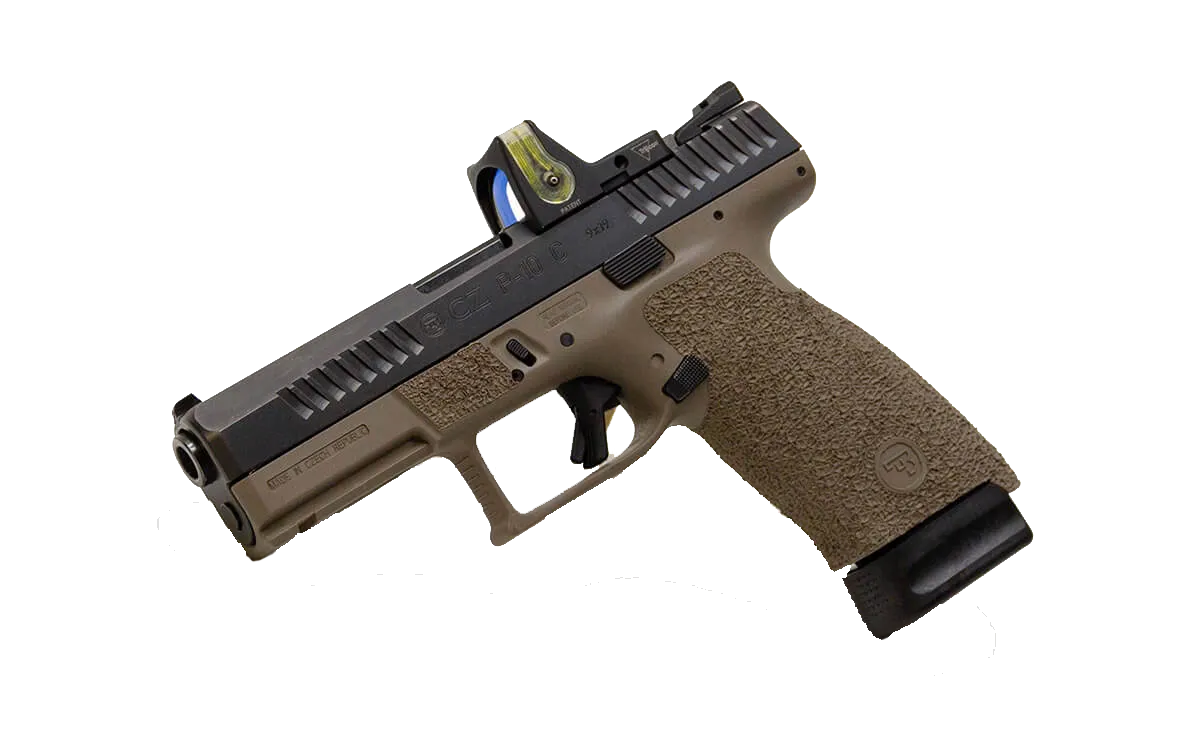Introduction
Suppressors, often referred to as silencers, are designed to reduce the noise generated when a firearm is discharged. Among the various materials used in suppressor construction, titanium stands out for its exceptional performance in noise reduction. But what makes titanium suppressors so effective? In this blog, we’ll delve into the science behind titanium suppressors, exploring their sound-dampening capabilities and why they are considered the best choice for reducing noise in firearms.
How Suppressors Work: The Basics
To understand why titanium suppressors excel at noise reduction, it’s important to first grasp the basics of how suppressors work. When a gun is fired, the explosion of gunpowder generates high-pressure gas that propels the bullet out of the barrel. This gas rapidly expands and escapes the barrel, creating the loud “bang” associated with gunfire. A Titanium suppressor works by slowing down and cooling these gases before they exit the firearm, reducing the intensity of the sound.
The Role of Titanium in Sound Dampening
Titanium’s unique properties make it particularly effective in sound dampening. One of the key characteristics of titanium is its low density, which contributes to its lightweight nature. However, despite being lightweight, titanium is incredibly strong, allowing it to withstand the high pressures and temperatures generated inside a suppressor.
- Heat Dissipation:
Titanium has excellent thermal conductivity, which means it can dissipate heat quickly. This is crucial in suppressors because the rapid cooling of gases is essential for reducing noise. The faster the gases cool, the less energy they have when they exit the suppressor, resulting in a quieter shot. Titanium’s ability to efficiently manage heat makes it superior to other materials like steel or aluminum, which can retain more heat and lead to higher noise levels. - Durability and Longevity:
Titanium’s strength also plays a role in its effectiveness as a suppressor material. The material’s durability ensures that the suppressor maintains its structural integrity over repeated use, which is vital for consistent noise reduction. Unlike some other materials that may degrade or warp under extreme conditions, titanium remains stable, ensuring that the suppressor continues to perform at its best over time.
Acoustic Properties of Titanium Suppressors
The design and material of a suppressor greatly influence its acoustic performance. Titanium suppressors are engineered to optimize the internal pathways through which gases pass, maximizing the suppression of sound.
- Internal Baffle Design:
The internal structure of a suppressor typically includes a series of baffles—obstacles that force the expanding gases to change direction and slow down. Titanium’s machinability allows for precise engineering of these baffles, optimizing the gas flow and enhancing sound suppression. The combination of titanium’s material properties and advanced baffle design results in a suppressor that effectively reduces both the noise of the gunshot and the “sonic crack” produced by the bullet breaking the sound barrier. - Resonance and Vibration:
Another factor that affects noise reduction is the material’s resonance—the tendency to vibrate at certain frequencies. Titanium’s natural resonance is such that it dampens vibrations more effectively than many other metals. This means that the suppressor itself produces less noise when absorbing the shock of the shot, further contributing to overall sound reduction.
Why Titanium Suppressors Are the Best Choice
Considering the combination of heat dissipation, durability, and acoustic performance, it’s clear why titanium suppressors are regarded as the best choice for noise reduction. Their ability to handle extreme conditions without compromising performance ensures that they consistently deliver quieter shots. Whether you’re a professional marksman, a hunter, or someone who values hearing protection, a titanium suppressor offers unparalleled benefits in reducing the noise associated with gunfire.
Conclusion
The science behind titanium suppressors underscores their superiority in noise reduction. With their unique ability to efficiently cool gases, withstand high pressures, and minimize vibration, titanium suppressors set the standard for what shooters can expect from a high-performance suppressor. If you’re looking for a suppressor that offers the best in sound dampening, durability, and overall shooting experience, titanium is undoubtedly the material of choice.
See Also: The Science Behind Titanium Suppressors.
FAQs
1. How do titanium suppressors reduce noise more effectively than other materials?
Titanium suppressors are highly effective due to their excellent heat dissipation, durability, and ability to minimize vibrations, all of which contribute to superior noise reduction.
2. What makes titanium a better choice for suppressors than steel or aluminum?
Titanium’s combination of lightweight strength, excellent thermal conductivity, and durability make it superior to steel or aluminum for suppressors, providing better performance and longevity.
3. Are titanium suppressors worth the investment?
Yes, titanium suppressors are worth the investment for serious shooters who value effective noise reduction, durability, and a better overall shooting experience.

